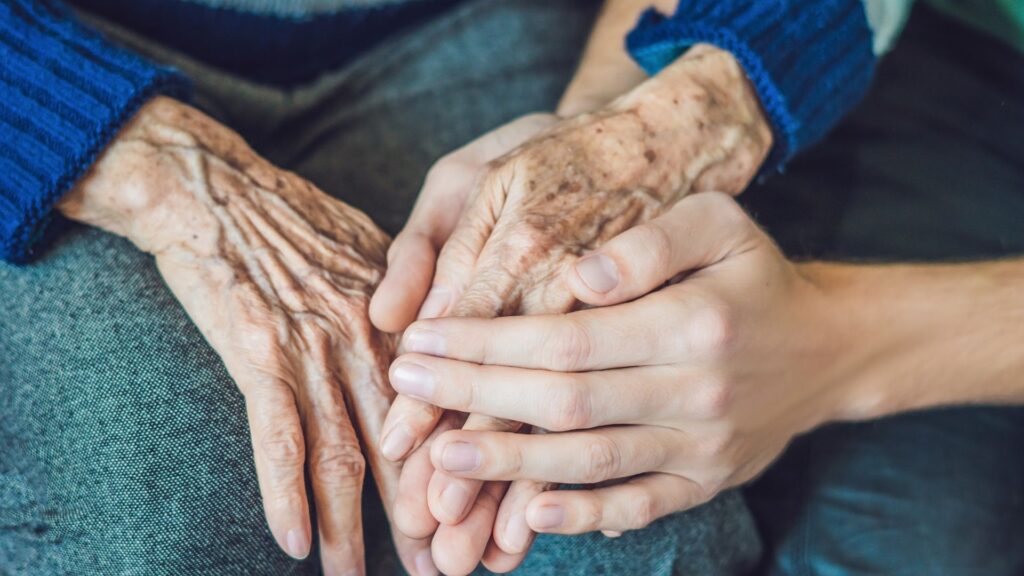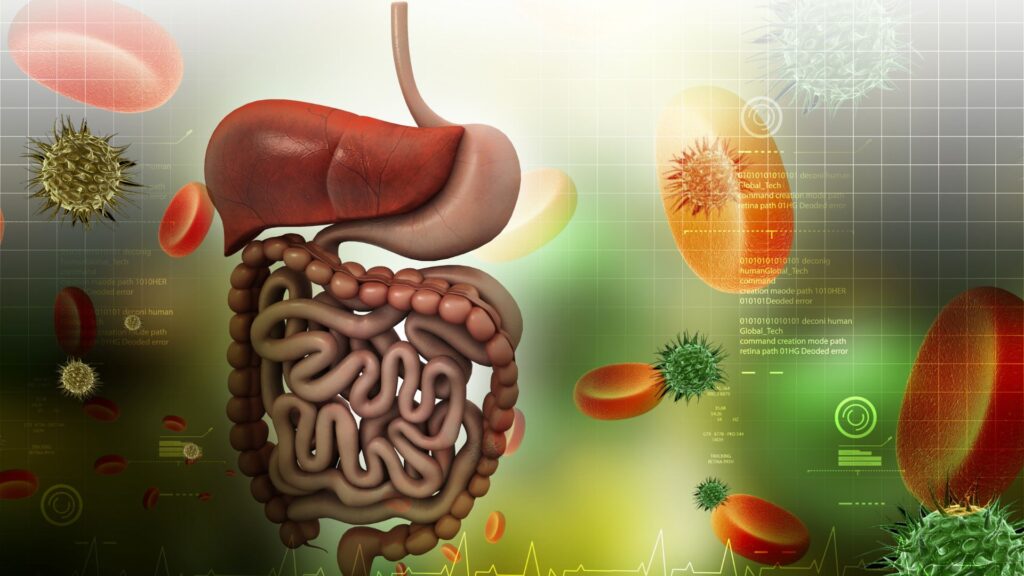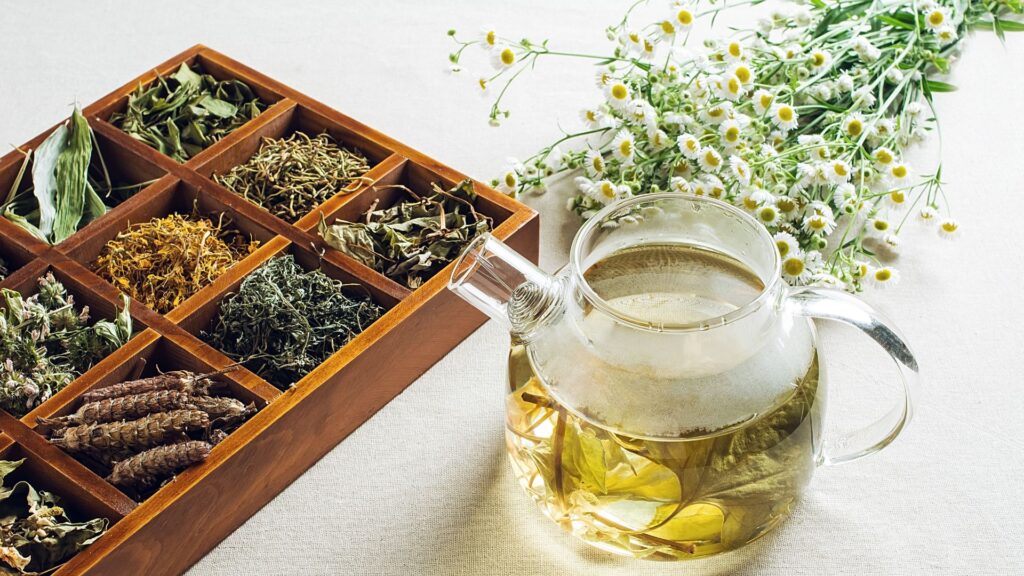
In ayurveda, ageing is seen as a natural and inevitable phenomenon in life. It is a natural phase which should be accepted gracefully. The Ayurvedic perspective on aging is based on embracing the natural course of life and making conscious efforts to support your body and mind as they go through the inevitable changes due to ageing. Ageing is influenced by various factors including genetics, lifestyle, diet, environment, and mental well-being. Maintaining balance within the body, mind, and spirit is key to aging gracefully. Here is an overview of the Ayurvedic perspective on aging and how to promote graceful aging:
Understanding and balancing Doshas: Ayurveda recognizes three fundamental energies or doshas – Vata, Pitta, and Kapha – which govern various physiological and psychological processes in the body. As individuals age, there is a natural tendency for the doshas to fluctuate, with Vata often becoming more dominant. Out of the three doshas, Vata is the energy of change and movement. With ageing, Vata tends to gradually increase in our bodies. This increase in vata can lead to symptoms like dry skin, brittle bones, joint stiffness, constipation, and anxiety, which we normally see in older people.
Pitta and Kapha doshas also play role in the process of aging. Excess Pitta can lead to premature greying and wrinkles. Kapha imbalance can lead to weight gain, lethargy, and respiratory issues.
Maintaining balance within the doshas is essential for healthy aging. This can be achieved through lifestyle practices, dietary choices, herbal remedies, and therapeutic treatments that pacify and harmonize the predominant doshas. For example, individuals with a Vata imbalance may benefit from warm, nourishing foods, regular oil massage, and grounding activities to counteract dryness and instability.

Nutrition and Digestion: Ayurveda places great emphasis on the importance of proper digestion (Agni) for overall health and longevity. According to Ayurvedic principles, as we age, our digestive fire, known as “Agni,” tends to diminish. This reduction in Agni can lead to a decrease in the body’s ability to efficiently digest food and absorb nutrients.
To counteract the effects of aging on digestion and nutrition, Ayurveda emphasizes the importance of making dietary and lifestyle choices that support a healthy digestive system. This includes consuming easily digestible foods, such as cooked vegetables, grains, and soups, as well as incorporating digestive spices like ginger, cumin, and fennel into meals. Ayurveda also suggests practicing mindful eating habits, such as eating in a calm and relaxed environment, chewing food thoroughly, and avoiding overeating. Proper hydration is also important during ageing. Drinking warm water helps support digestion, detoxification, and maintains the suppleness of the skin.
Regular physical activity and maintaining a balanced daily routine are also believed to support healthy digestion and overall well-being as we age.
Its also important to base your diet on your unique constitution, or “dosha” after consulting an ayurvedic expert.

Herbal Support: Ayurvedic herbs and botanicals are commonly used to promote healthy aging and vitality. Adaptogenic herbs such as ashwagandha, shatavari, amla and guduchi are revered for their rejuvenating properties and ability to support the body’s resilience to stress and disease. Herbs like Guggul, turmeric and Triphala are recommended in Ayurveda to maintain healthy metabolism, control inflammation, promote detoxification, and support cardiovascular health. Brahmi is a renowned Ayurvedic herb for promoting cognitive function, memory, and mental clarity. It is particularly beneficial for older adults to support brain health and prevent cognitive decline. Gokshura, another herb is known for its rejuvenating properties, supporting urinary and reproductive health in both men and women. It helps maintain vitality and stamina as individuals age. These herbs can be consumed in various forms, including teas, powders, and herbal supplements.
Detoxification and Rejuvenation: Ayurveda recommends periodic detoxification (Panchakarma) and rejuvenation therapies to cleanse the body of accumulated toxins (ama) and revitalize the tissues. Panchakarma treatments typically involve specialized procedures such as oil massage, herbal steam therapy, and therapeutic enemas to purify the body and restore balance. Abhyanga, the practice of massage with warm oils, helps in nourishing the skin, relaxing the muscles, and soothing the nervous system. It is extremely beneficial for Vata dosha.
Stress Management: As individuals age, they often encounter various physical, mental, and emotional stressors, which can impact their overall well-being. Ayurveda recognizes that managing stress is crucial for maintaining health and vitality throughout life. Chronic stress is considered a significant contributor to premature aging. Techniques such as meditation, yoga, pranayama (breathwork), and mindfulness practices are immensely beneficial tools to calm the mind, reduce stress, and promote relaxation and emotional well-being. These practices also help in balancing the Vata, Pitta, and Kapha doshas, which are essential for maintaining overall health.
Maintaining Vitality: Ayurveda emphasizes the importance of preserving vitality (ojas) as we age. Ojas is the subtle essence of all bodily tissues and is responsible for strength, immunity, and overall vitality. Practices that nourish ojas include consuming wholesome foods, getting adequate rest, engaging in joyful activities, and cultivating positive relationships.
Acceptance and Adaptation: Finally, aging gracefully in Ayurveda involves cultivating a mindset of acceptance and adaptability towards the natural changes that occur with age. By embracing the wisdom that comes with experience and making conscious choices to support health and well-being, individuals can navigate the aging process with grace and resilience.
Daily Routine (Dinacharya): Following a daily routine that aligns with natural rhythms is essential in Ayurveda. This includes waking up early, practicing self-care rituals such as oil massage, personal hygiene practices, spiritual practices like pooja, chanting and meditation, as well as maintaining regular mealtimes and bedtime.
Following a good daily routine helps in syncing with the natural rhythms of the nature, promoting overall well-being and graceful aging.
Moderation, mindful eating, and intermittent fasting are also recommended in Ayurveda to prevent age-related health problems. The Ayurvedic perspective on aging emphasizes the interconnectedness of body, mind, and spirit, and offers a holistic approach to promoting vitality, longevity, and graceful aging. Consulting with a qualified Ayurvedic practitioner can provide personalized guidance and support for integrating these principles into your lifestyle for optimal health and well-being as you age.